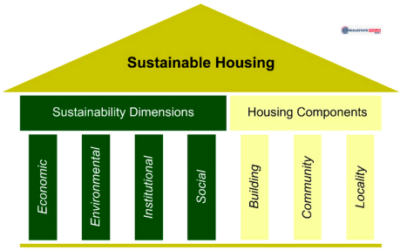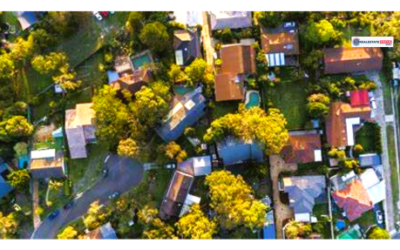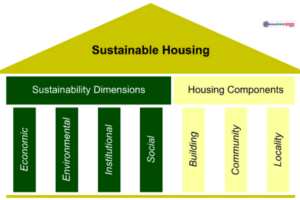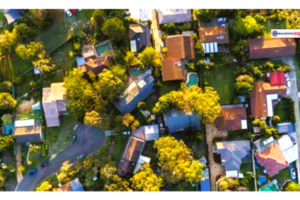

Singapore Private Home Prices Surge: Market Growth and Regulatory Impact
Private home prices in Singapore have recently increased at their fastest pace in a year. This growth reflects strong demand and a steady recovery from previous slowdowns. The rise in home prices is particularly noticeable in the private residential sector, where price hikes have been observed across various types of properties.
In the third quarter of 2024, home prices surged by 4.6%. This jump follows a period of slower price increases, signaling a shift toward a more active real estate market. The recent surge in prices indicates that the demand for private homes is outpacing supply in Singapore.
Several factors are contributing to the growth in home prices. A recovering global economy has boosted consumer confidence, leading more people to consider purchasing homes. Furthermore, low-interest rates have made financing more accessible, allowing more buyers to enter the market and pushing prices higher.
The demand for private homes is also being fueled by a combination of local and international interest. Local buyers are looking to invest in property, while foreign buyers are once again showing strong interest in Singapore’s real estate market.
Investors see Singapore as a stable market with favorable conditions for property ownership. Different segments of the property market are seeing price increases.
Luxury homes and condominiums are among the types of properties that have experienced significant price growth. This suggests that the price rise is not limited to high-end properties but is a broad trend across the private housing market.
A key factor influencing the rise in home prices is the limited availability of land in Singapore. With the country’s land resources being scarce, demand for residential properties continues to surpass supply. This supply shortage puts upward pressure on home prices, contributing to the rapid price growth.
Government policies are also having a major impact on the market. The Singapore government has introduced various measures to regulate the housing market and maintain its stability.
These policies are designed to prevent the market from overheating while still ensuring that it remains attractive to both local and international investors. The growth of home prices is supported by an increase in household income.
As wages rise, more people are able to afford homes that were previously out of reach. Additionally, low mortgage rates are making homeownership more accessible, which further stimulates demand and contributes to the rise in property prices.
Experts predict that the trend of rising home prices will continue into the next year. However, the potential for rising interest rates could affect the pace of this growth. If mortgage rates go up, it might make home buying more expensive, potentially cooling down the market in the long term.
Another factor driving demand for homes is lifestyle changes brought on by the COVID-19 pandemic. With remote work becoming more common, people are seeking larger homes with more space.
This shift in lifestyle preferences has led many to search for properties with home offices or additional rooms for other purposes, which increases demand for certain types of homes. Along with the rise in home prices, the rental market is also feeling the effects. As more people opt to rent instead of buying, the rental market has become more competitive.
This increased demand for rental properties is driving up rents, which in turn influences the dynamics of the overall housing market. Despite the rising prices, Singapore remains an attractive market for real estate investors.
The country continues to offer high rental yields and the potential for long-term property appreciation. This makes it a desirable location for investors looking to maximize their returns in a stable and secure market.
Developers are benefiting from the strong demand for new homes. The increased interest in the market is reflected in the quick sales of newly launched properties. This trend shows that developers are successfully meeting demand, and the rapid sales of new homes are driving prices even higher.
However, some experts predict that the market’s rapid growth may slow in the future. With rising interest rates and potential global economic challenges, the pace of price increases could begin to cool. This may lead to more cautious behavior from both buyers and sellers in the upcoming months.
The overall outlook for Singapore’s housing market remains positive. The government’s ability to manage the market through regulation will play a key role in maintaining stability.
Buyers and investors must stay aware of these regulatory measures and market shifts to make informed decisions in an evolving real estate environment. Overall, the sharp rise in Singapore’s private home prices can be attributed to a combination of factors such as strong demand, limited supply, and favorable financing conditions.
However, government regulations will continue to shape the market and prevent it from becoming overheated. As the market evolves, both buyers and investors must remain cautious and stay informed about changes in the regulatory landscape that may impact future growth.




































